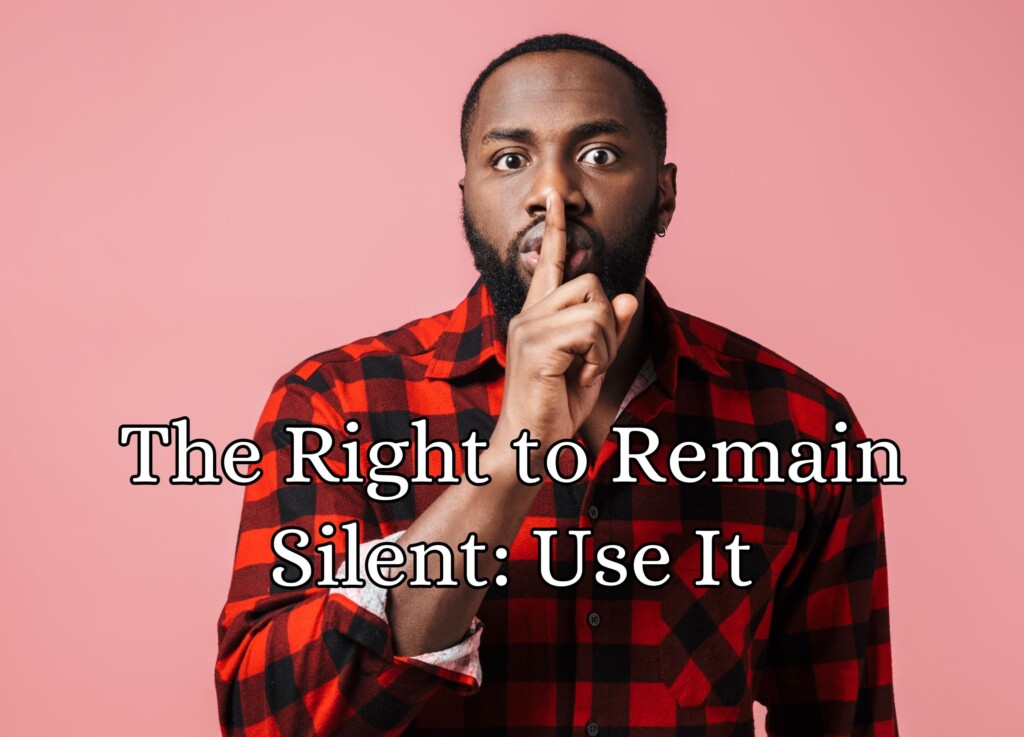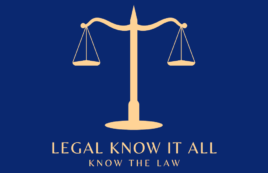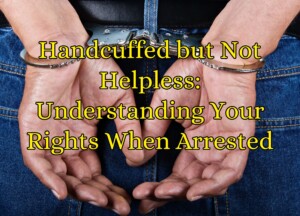The Hollywood Myth: It’s Not Just a Line in a Movie
We’ve all seen it in movies and TV shows where the cop dramatically says, “You have the right to remain silent.” It’s such a common line that it almost feels cliché. But let’s get one thing straight: this isn’t some Hollywood gimmick. This is a fundamental right protected by the U.S. Constitution, specifically the Fifth Amendment, which protects you from self-incrimination.

Why It’s So Important: The Legal Ramifications
When you’re arrested, emotions run high, and it’s easy to feel like you have to say something, anything, to prove your innocence. But here’s the kicker: anything you say can and will be used against you in court. Not might be, will be. That offhand comment you make could turn into evidence against you. That’s why lawyers always say, “Don’t talk to the police without counsel.”
The Exceptions: When You Should Speak
Now, this doesn’t mean you should go completely mute. You’ll need to provide basic identification information. Refusing to identify yourself could lead to additional charges in some states. The key phrase to remember is, “I’d like to speak to an attorney.” Once you say this, all questioning should stop until your attorney is present.
The Police Perspective: Tricks of the Trade
You should know that it’s not uncommon for police to use various tactics to get you to talk. They might say things like, “If you’re innocent, you have nothing to hide,” or “Help us understand what happened so we can clear this up.” Don’t fall for it. Their job is to gather evidence, and your statements are a valuable part of that.
The Miranda Warning: More Than Just a Right to Silence
While the right to remain silent is crucial, it’s part of a broader set of rights known as the Miranda warnings. These also include the right to an attorney and the notification that anything you say can be used against you. Police are generally required to read you these rights before questioning you. If they don’t, your attorney may be able to get any subsequent statements you made excluded from evidence.
The Courtroom Impact: How Silence Is Interpreted
Here’s another thing to consider: your silence can’t be used as an admission of guilt in court. The jury is not allowed to consider your decision to remain silent as evidence against you. This is why it’s so important to exercise this right; it preserves your options for defense when your case goes to trial.
The Aftermath: Post-Arrest and Beyond
Even after you’ve been arrested and booked, your right to remain silent continues. During arraignments, hearings, and even casual interactions with law enforcement, remember that you are under no obligation to speak about your case. Always consult with your attorney before answering any questions related to the charges against you.
The Bottom Line: When in Doubt, Zip It
In the heat of the moment, it’s easy to think that talking your way out of a situation is the best course of action. But when it comes to being arrested, your best bet is to keep quiet and wait for legal representation. Your future self will thank you.
So there it is, a comprehensive look at why the right to remain silent is not just some line in a movie, but a crucial legal protection that you should exercise if you ever find yourself in handcuffs. It’s not about being uncooperative; it’s about protecting your rights and your future.
As an Amazon Associate we earn from qualifying purchases through some links in our articles.




